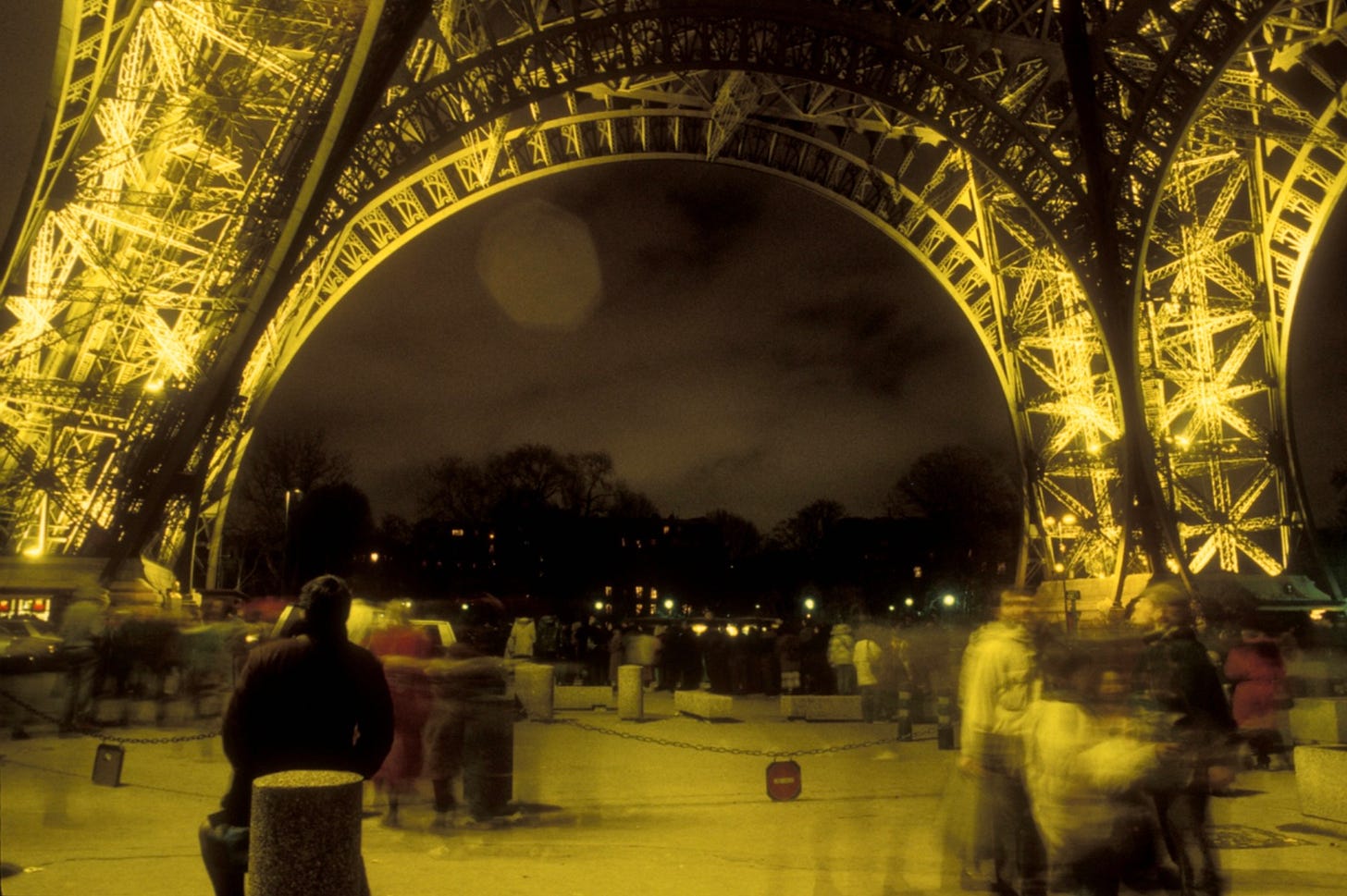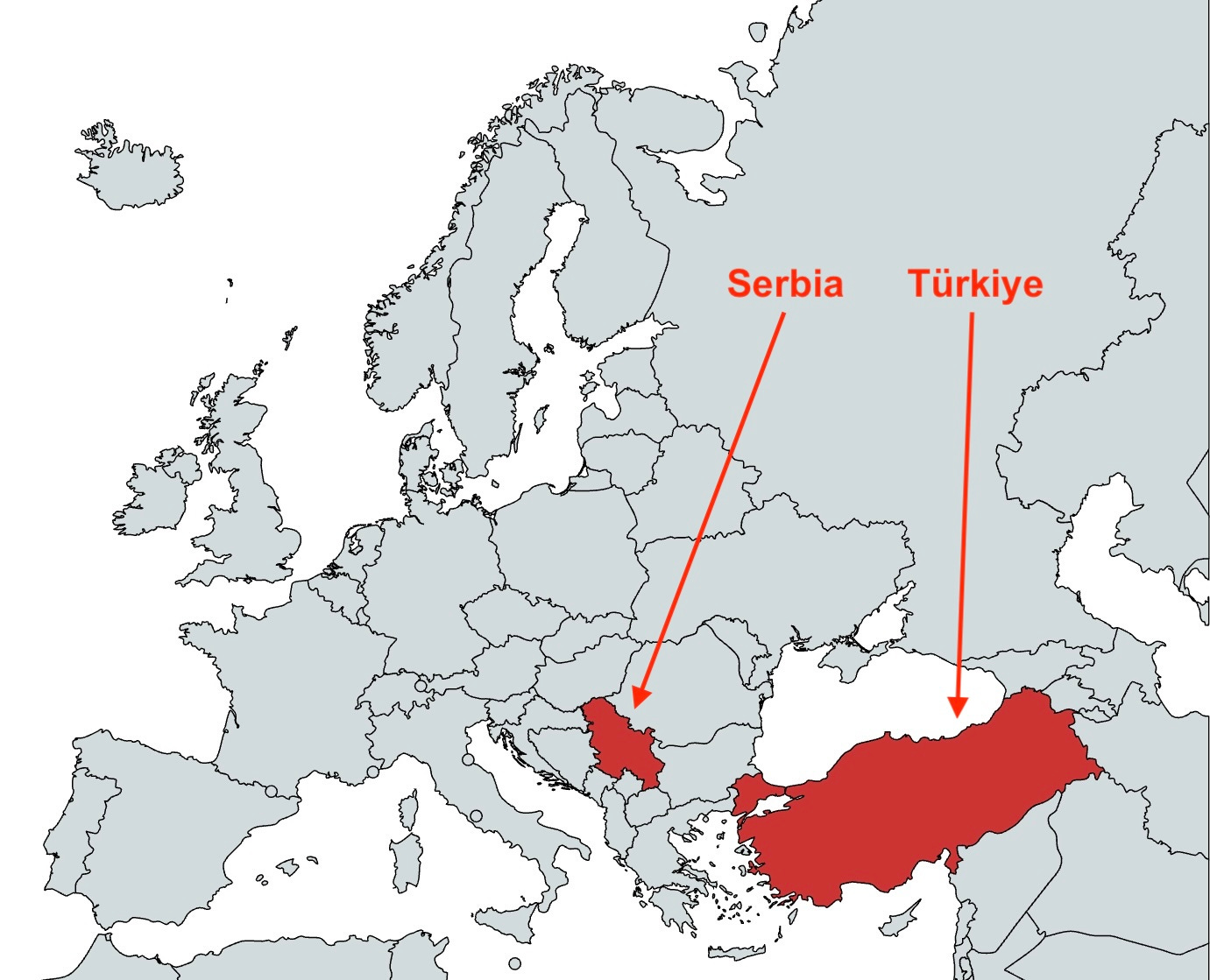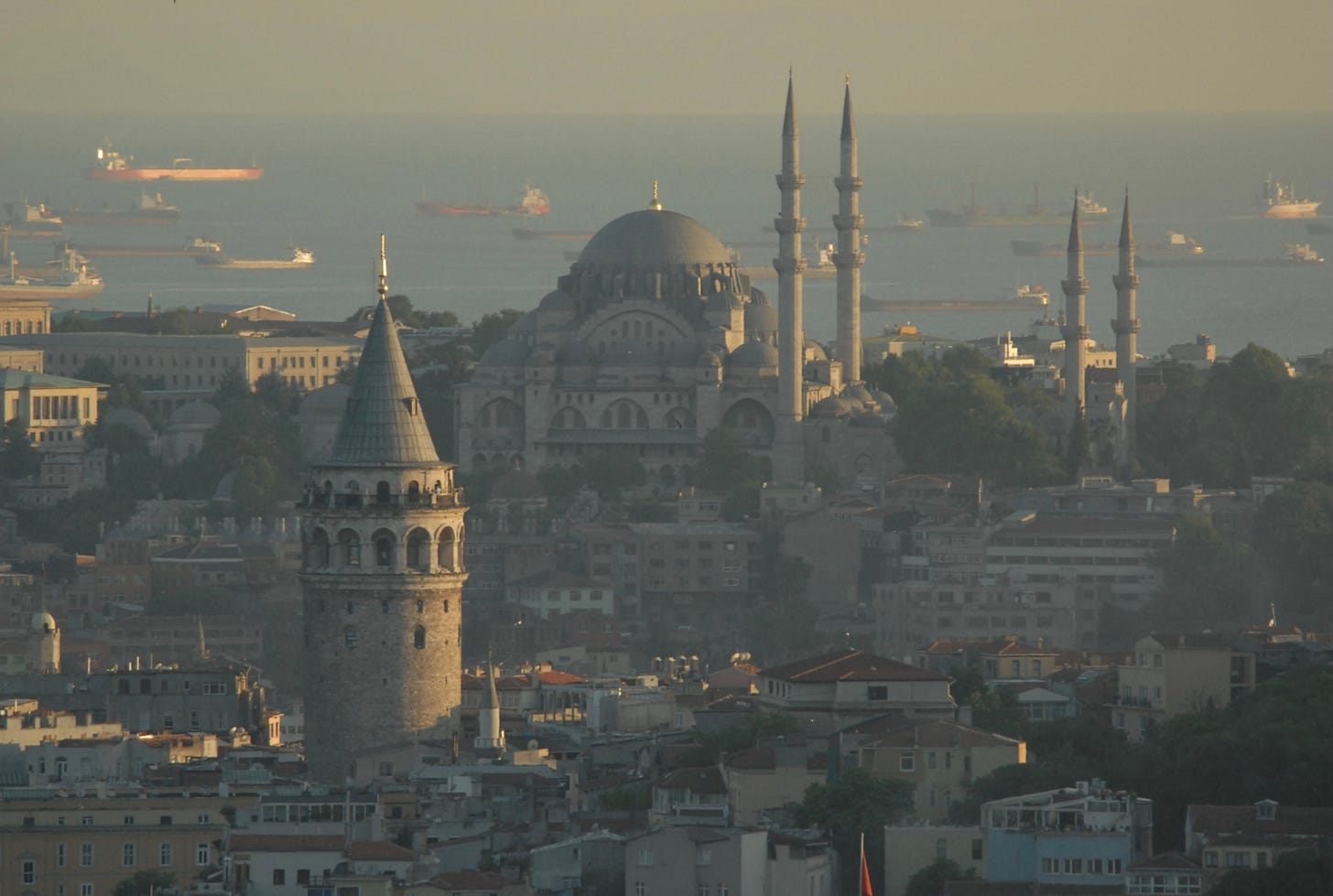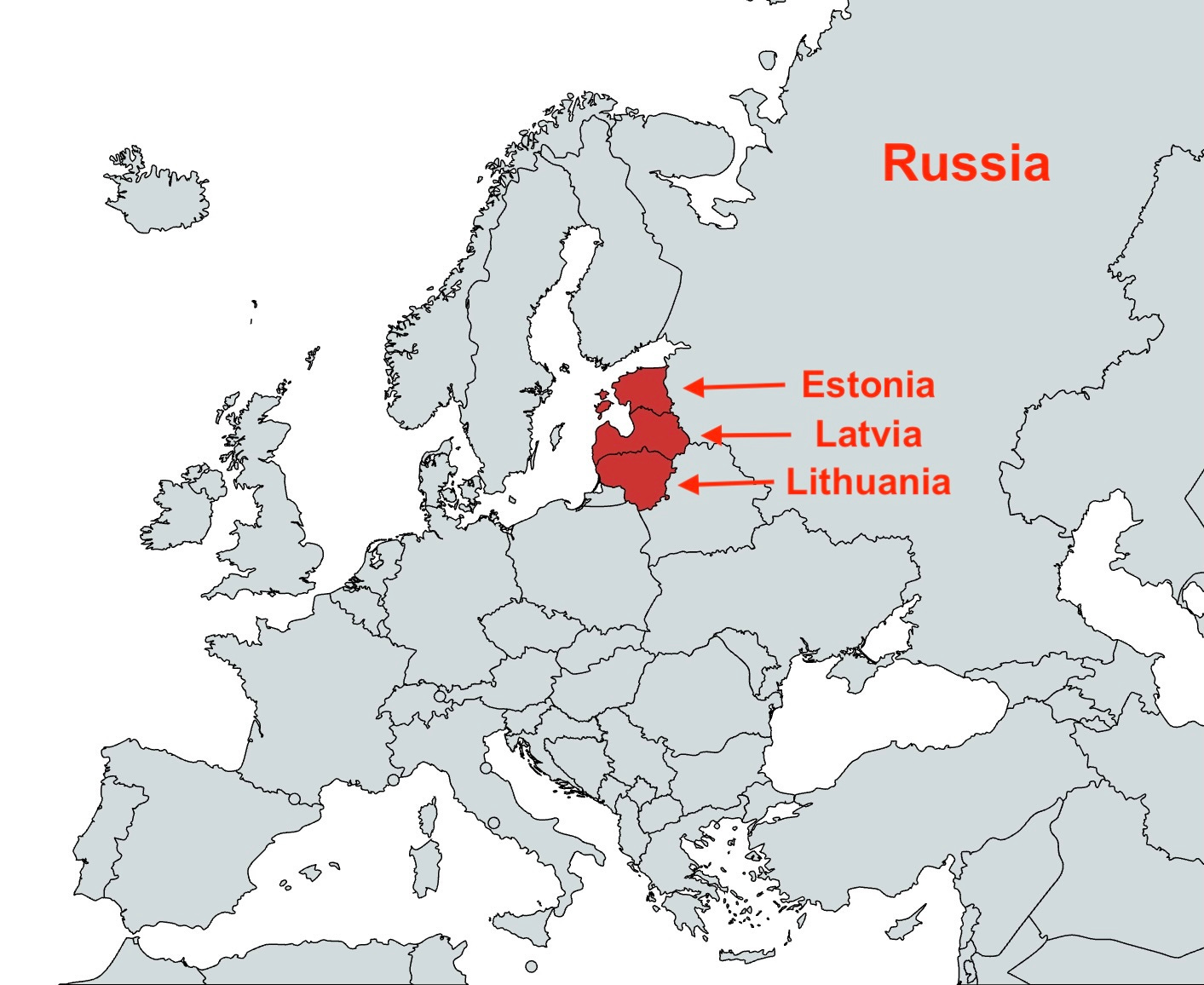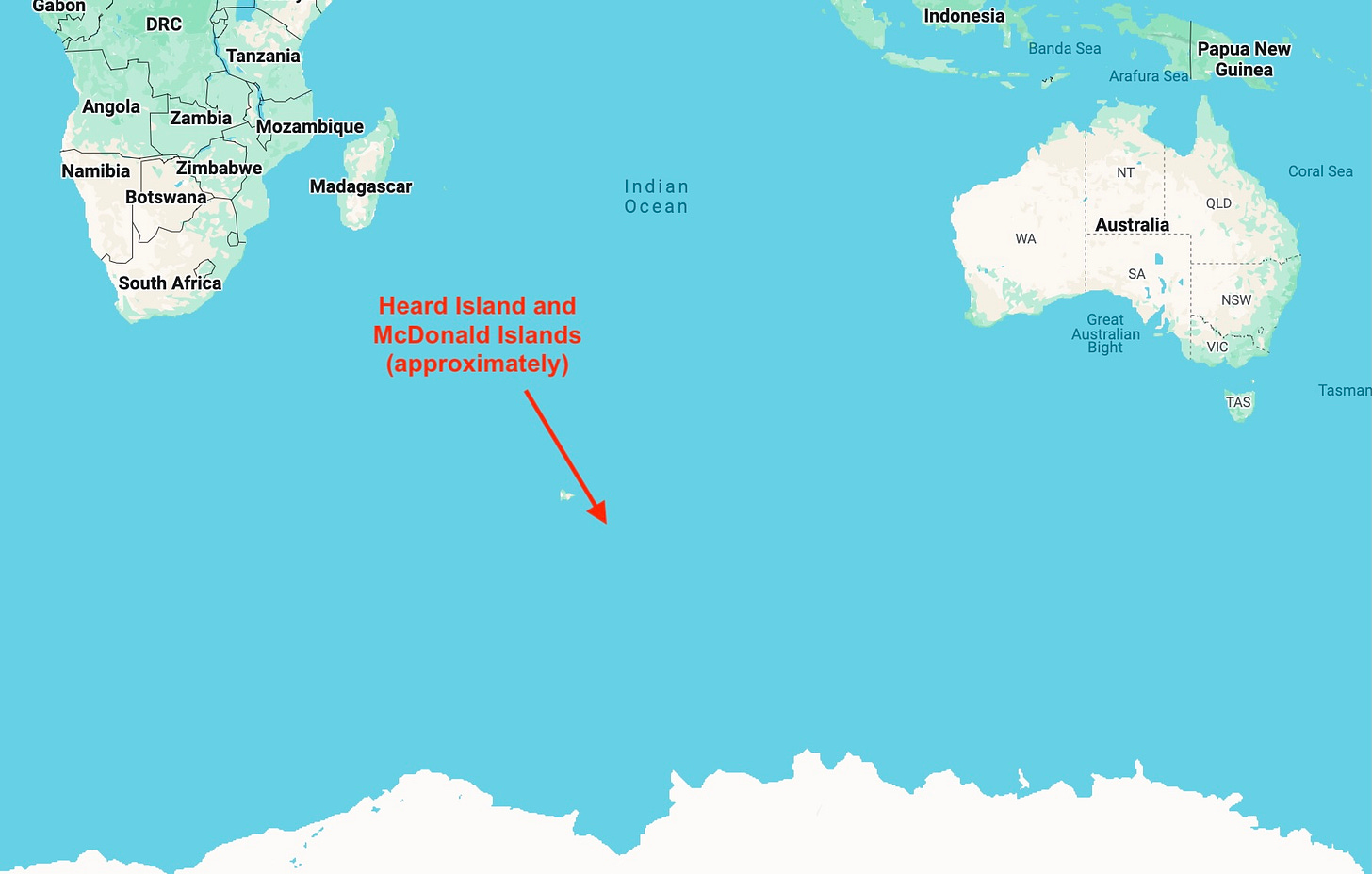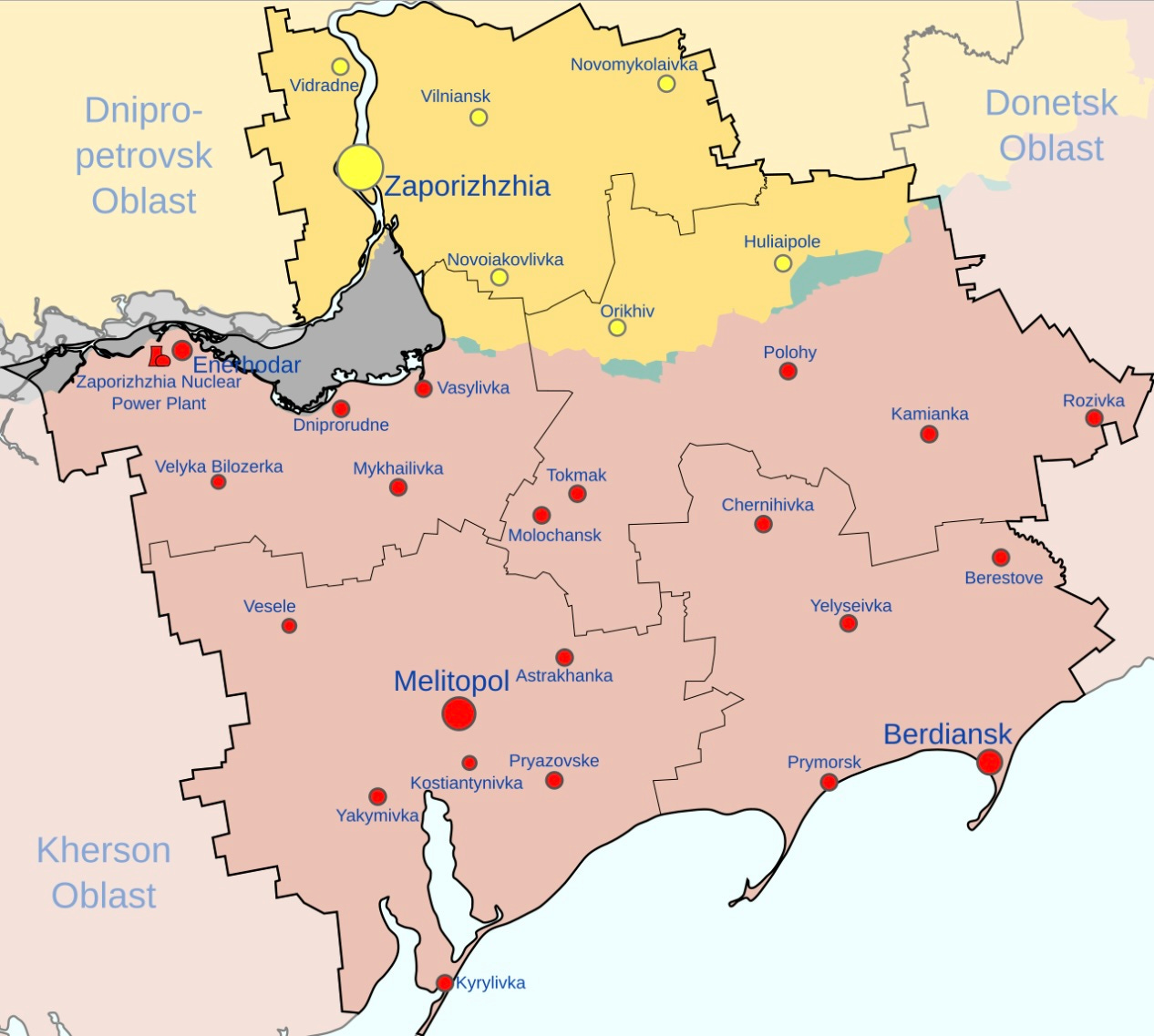Welcome. Common Sense and Whiskey a short, sharp, once a week look at the world out there. We’ll let the Trump Tariffs settle in a little bit before much comment, but we’ll consider a few of the nuttier ones. Also this week, we look into embezzlement politics in France, repression and protests in Türkiye and Serbia, check on what’s left of NATO in the north and give the president’s press secretary a geography lesson.
If you like what you see, please consider subscribing to Common Sense and Whiskey. It would be great if you could contribute, but there are no paywalls here. You can always read the whole thing.
Let me know what you think.
Let’s get to it:
FRANCE: The story of the week is the trial that resulted in Rassemblement National (National Rally) leader Marine La Pen’s banishment from the 2027 presidential race. Here’s a little basic background:
The European Union dispenses stipends to members of the European Parliament with which to hire assistants for their EU parliamentary work. Le Pen and other party members were convicted of embezzling some of these funds for use in domestic French politics. The FT reported this week that this group stole money between 2004 to 2016, during which approximately €4.4 million in EU funds were pilfered and diverted to Le Pen and her cohorts.
Across the French electorate, as in the United States, there is a firm base of people who stand ready to frame the guilty party as the victim of an overweening judiciary. As Cyril Hédoin writes, “the closer one is to the RN’s views on the political spectrum, the more likely one is to judge that Le Pen has been treated unfairly, with underlying political motivations.” Sounds familiar.
Banning candidates from contesting elections was once the strict prerogative of authoritarian governments—Vladimir Putin, for example, always cherry picks a designated opponent to trounce and bans the rest—but the practice has now eased into more democratic elections, and lately has become something of a trend. Here are five recent cases:
Jair Bolsanaro in Brazil (abuse of political power and misuse of media channels) Cǎlin Georgescu in Romania (Incitement to Actions Against the Constitutional Order, Support of Fascist Groups, Campaign Finance Violations) Ekrem İmamoğlu in Türkiye (leading a criminal organization, bribery, misconduct, and corruption) Ilan Shor in Moldova (bank fraud) and now Marine Le Pen in France (embezzlement)
We’ll maybe talk more about the larger question of whether it’s a healthy trend (surely it’s not) in a future piece, but today just a couple of thoughts on France:
Le Pen has been on a career long project to normalize and legitimize the National Front (later renamed National Rally). Her mission has been to detoxify the party founded by her pugilist pol father, Jean-Marie La Pen, a man who stood for Holocaust denial and antisemitism, referring to Nazi gas chambers as a “detail of history.” He was precisely the kind of authoritarian strongman-adjacent figure his daughter Marine yearns not to be.
Now she faces a dilemma. Her party commands a consistent plurality of French support at around 37 percent. If she now lashes out too hard at the system she has been at pains to work within, there are legions of domestic opponents ready to proclaim that, in crying foul, she has let the mask slip, that she’s anti-system, conspiratorial and dangerous for democracy.
But if she accepts the court ruling and election ban, she may well lose control of her party. There is no shortage of ambition in party politics and the Rassemblement National is no exception.
Jordan Bardella, the party president (and first person outside the Le Pen family to head the party) was meant to follow Le Pen to the presidency in 2032 or 2037. At just 29 years old, he may be the Tik Tok candidate (and look how well Tik Tok worked in Romania), but if he should now stand in Le Pen’s stead, he would be hammered about his inexperience, in a tumultuous period when all countries, and especially one of Europe’s most important countries, will want a steady, experienced hand.
Media cite that 37 percent polling number above, but it’s not something to take to the bank because there’s currently no other declared presidential candidate to compare with Le Pen. Still, it’s a fraught moment for the RN. These scenarios open up the possibility at least that, if she missteps now, Le Pen’s lifetime project could slip away.
•••••
TURKIYE AND SERBIA, REPRESSION AND PROTEST: Protests continued this week in Istanbul after the jailing of President Erdoğan’s main rival, Istanbul mayor Ekrem İmamoğlu, but with Erdoğan’s control over the military, judiciary, and media, and his experience an suppressing dissent, it looks from here like there is little reason for him to feel threatened. We’ll come back to Türkiye.
Here in the United States people of a certain age will remember, and others have learned about, the street protests in the 1960s. Street action returned for a very brief, non-violent and mostly urban reprise under the rubric of Occupy Wall Street around the 2008-2009 financial crisis.
My guess is, the longer that discontent with Donald Trump’s government takedown continues, the greater the chances protesters will again take to the streets. Organizers are in the trying-on-slogans phase just now, among them ‘Hands Off!,’ the slogan for a nationwide protest being planned for this weekend.
Elsewhere: protests have rolled across Serbia since a new train station canopy collapsed in Novi Sad killing 16 last November. The cause was universally put down to shoddy construction due to bid-rigging, and just in general, pervasively corrupt government.
Some media claimed the culmination of these protests on March 15th was Serbia’s biggest demonstration ever. That’s remarkable, if you we’re around for the utterly huge protests that reportedly led previous Serbian leader Slobodan Milošević to contemplate suicide, before his trip to The Hague.
Crowd estimates ranged from 88,000, by government officials, up into the hundreds of thousands.
Protests continue. Over half a million have signed a petition demanding an independent investigation into whether the government used sonic weapons during the rally. On March 24 thousands demonstrated against a Belgrade luxury real estate development fronted by Jared Kushner (Because is there anywhere in authoritarian lands that doesn’t interest the Trumps?)
Back to Türkiye. President Erdoğan has arrested the main opposition party— Cumhuriyet Halk Partisi (Republucan People’s Party, or CHP)—candidate to challenge him in the next election, using strongman, anti-democratic tactics that not even his apologists call legitimate, and so he has again lit up the street in protest of his taking his distinctive style of authoritarianism too far.
In 2013, then Prime Minister Erdoğan announced plans to develop one of a scant few green spaces (called Gezi Park) adjacent to the central Taksim Square in sprawling, fifteen million-plus population Istanbul. The historic Taksim Military Barracks would be redeveloped to house a shopping mall. The police were heavy handed, protests continued for weeks, millions participated, and Gezi Park remains.
Ten years later deeply destructive earthquakes in southern Turkey revealed how, as in Serbia, local corruption led to cheap construction and loss of life. Even the official death toll exceeded fifty thousand people. Devastated populations protested negligence, just general governmental underperformance and lack of response.
Hopeful protestors are saying they’ve had enough and this time, it’s different. Here’s a lengthy quote from an article this week by Turkish journalist and author Ece Temelkuran. She writes vividly and, I think, effectively about the challenges ahead for democracies. She writes about the current upheaval in her own country but her words are much more widely applicable:
”Over the last decade, as we have seen in several European countries and the US, holding the line by lining up with centrist political parties has not been effective, and Occupy-style street politics, inspiring though they may be, do not adequately counter the rising tide of fascism. “Try again, fail again” strategies have been exhausted in recent years, the most recent example being the US. Clearly, the conventional political parties – the Democrats in the US and social democrats in Europe – have failed to harness the political and moral outrage of the masses, which leaders like Erdoğan or Donald Trump induce. The political energy flowing from street politics is too unpredictable to be embraced by conventional political parties – and the masses, with their youthful enthusiasm, are hesitant to align themselves with worn-out political institutions. So what is the solution?
The old-school progressive opposition parties resemble shipwrecks – they are decaying structures. They have lost all that was vital in them over the last five decades after aligning with the neoliberal hegemony, which severed its organic ties to the progressive sectors of society. They are highly bureaucratised and, as a result, paralysed giants unable to keep up with the agility of the new far right. What is occurring in Turkey right now is youthful energy schooling and shoaling around this shipwreck, breathing life into it by transforming the wreck into a reef. For days now, youth leaders have been delivering speeches at significant party meetings, continually negotiating the guidelines for collaborative action. Whenever possible, they ensure that their outrage extends beyond İmamoğlu’s arrest. Their presence irrevocably alters the spirit of the political movement and drives the social democratic party forward towards life. Throughout this process, the young learn to navigate the slow-moving giant while the giant adapts to become nimble and brave enough to counter the ruthless tactics of the regime.
Not only for Turkey but also soon for Europe and beyond, the central question of saving democracy from the rise of authoritarianism will be this: will the youthful energy of the masses be allowed into the wreckage to transform it into a living organism? One that is robust enough to challenge the historical tide bending towards authoritarianism? Turkey, in the days to come, will be answering this question.”
Check out Ms. Temelkuran’s short book How to Lose a Country: the Seven Steps from Democracy to Fascism.
NATO IN THE NORTH: No one believes Donald Trump will commit American force to defend Estonia, Latvia or Lithuania. That doesn’t exactly mean all of NATO is dead in the Baltics. The Europeans and Canada maintain their commitments, and even the Americans, for the moment, maintain 1,500–2,000 troops across the three countries.
As of now, NATO countries’ commitments to the Baltic states look like this:
Estonia: 1,000—1,500 troops, primarily from the UK, Denmark, and France, with additional rotational forces.
Latvia: Over 3,500 troops, Canada in the lead, also Italy, Spain, Poland, Denmark and Sweden.
Lithuania: 3,000—5,000 NATO troops, Germany leading with their shaky, still in need of zeitenwende military, and Netherlands, Norway, Czech Republic, and Belgium.
Even so, Baltic defense means sustained, concerted civic engagement and a real national commitment. Gabrielius Landsbergis,* former Lithuanian Defense Minister, suggests that by following the Finnish model, the three Baltics could mobilize approximately 930,000 reservists.
(Landsbergis is an interesting character, and a name you’ll see again. He is a very young man, grandson of Vytautas Landsbergis, the first head of state of independent Lithuania after the collapse of the Soviet Union.
Playing coalition politics, he opted for the role of Foreign Minister after 2020 elections, but then led his center-right Homeland Union party to defeat in last October’s parliamentary elections, dropping from 49 to just 28 seats in the Seimas, Lithuania’s 141 seat parliament.
He had spent too much time on international politics, critics said, at the expense of domestic affairs. He bailed as party leader, retiring at age 42, and said he’d quit politics. Just now Landsbergis is hyper-available to the press, publishes on Substack and advocates strongly for Ukraine.
•
GERMANY: Trump administration rhetoric has cast a long shadow. Following the Trumpa administration’s loose talk about reintegrating Russia in SWIFT, Michael Kretschmer, the CDU premier in the east German state of Saxony, suggested this week that Germany should return to doing business with Russia.
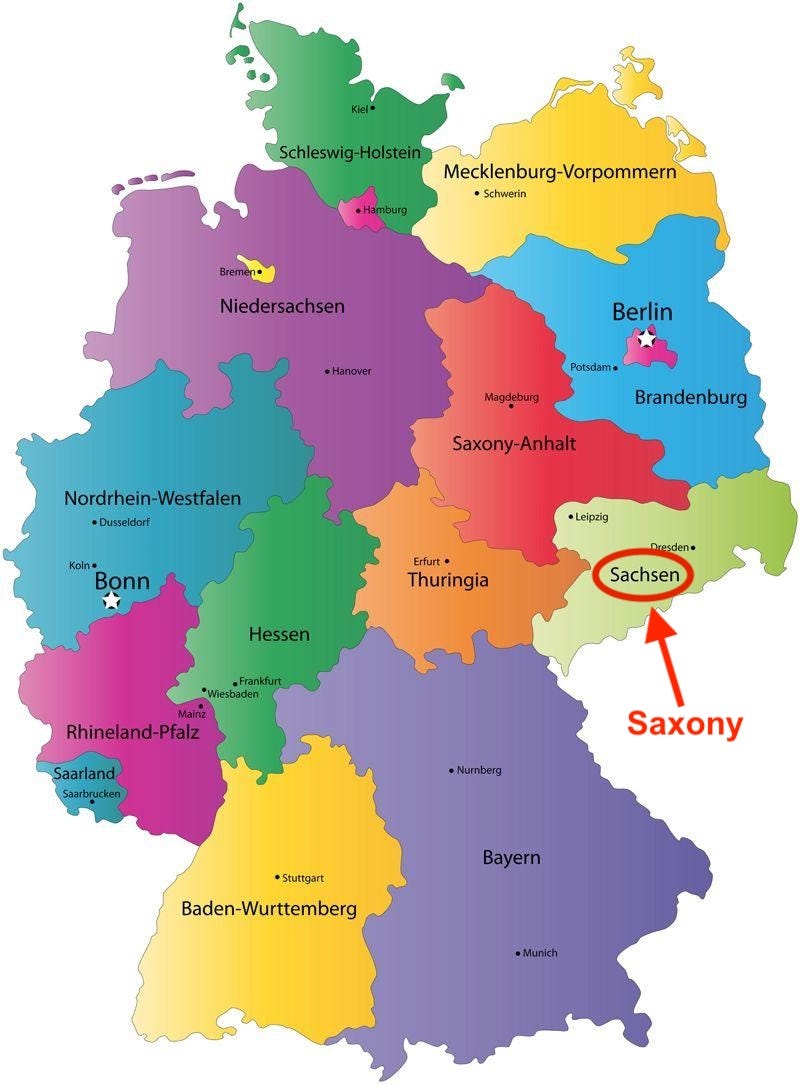
The Financial Times says:
“He told the German press agency DPA: “When you realise that you’re weakening yourself more than your opponent, then you have to think about whether all of this is right.”
“Saxony is a stronghold of support for far-right and far-left parties accused of harbouring sympathy for Putin”
“Kretschmer, who is also a long-standing opponent of weapons deliveries to Ukraine, is the latest in a string of figures from both Merz’s centre-right CDU and the centre-left Social Democrats (SPD) to have gone public in recent weeks with calls to resume economic or energy ties with Russia.
That has created a problem for Merz — who is all but certain to be Germany’s next chancellor — as well as for his likely coalition partners in the SPD at a time when he is trying to cast himself as a strong partner for Ukraine and for Europe.
Germany’s Green party, which is strongly pro-Kyiv, yesterday called for Merz to clamp down on “friends of Putin” in his party.”
•••••
THOSE TARIFFS: The Trump administration waited until Wall Street closed on Wednesday, then explained how its ‘Liberation Day’ would herald a new era of American prosperity.
Imagine the decision making, deep in the Commerce Department’s inner sanctum:
“Madagascar is desperately poor. Let’s impose 47 percent tariffs on knitted and crocheted items, vanilla and other spices, because that’ll show ‘em.
“Myanmar’s biggest exports are furniture, lighting signs and prefab buildings. And since they’re a country in civil war and reeling from an earthquake without help from USAID, hey, how’s about a 45 percent tariff on all that?
“People in the Democratic Republic of Congo are struggling just to live as ethnic strife pervades the country and civil war surges through the east. How about, what do you say, eleven percent for them?
“America’s old ally Jordan, struggling to maintain domestic calm amid the turmoil in Gaza next door? Their leading export is clothing. Twenty percent!”
Do Trump administration planners know where Lesotho (50 percent), Mauritius (40 percent) and Malawi (18 percent) even are? Clue: the president once called them shit hole countries.
Chad, another one of those countries, is among the poorest countries on earth. It sends the United States about eighty million dollars worth of crude petroleum a year, and insect resins. Chad must pay! Thirteen percent!
How about Saint Pierre and Miquelon, tiny islands between Newfoundland and Nova Scotia? (50 percent).
Nauru, an island in the Pacific being literally flooded by climate change? In 2023, Nauru exported approximately $1.16 million worth of goods. A 30 percent tariff ought to teach them a lesson.
The Falkland Islands, a territory of the United Kingdom, sends non-fillet frozen fish, mollusks and fish fillets to the US. 42 percent tariffs on the bastards!
Heard Island and the McDonald Islands, way out there southwest of Perth where that Malaysian flight is reckoned to have gone, have a fishery but no one lives there permanently. Ten percent.
In 2023, Australia’s Norfolk Island exported $413,000 of leather footwear to the US. Twenty-nine percent! Prime Minister Albanese remarked that “I’m not quite sure that Norfolk Island, with respect to it, is a trade competitor with … the United States.”
•••••
BUT TARIFFS WORK BOTH WAYS: This week fifty senators proposed huge tariffs on Russia if it should violate any prospective cease fire. In a brief and unusual fit of creativity from the upper house of Congress, senators have proposed a five hundred percent tariff on imports from countries that purchase Russian oil, gas, uranium, and other products.
Because tariff is the new magic word in the Trump administration, this is a rare opportunity for a bipartisan group to push through a proposal, led by both Michael Blumenthal (D CT) and Lindsey Graham (R SC) who, among the many things he is, says and does, remains mostly on Ukraine’s side. On its face, it would appear unlikely the president would oppose this tariff while seeking to impose them everywhere else.
Other tariff speculation: if ‘Liberation Day’ should lead to recession, less spending by American consumers would presumably lead to a drop in the price of oil (oil prices have already dropped this week). This would harm Vladimir Putin, who depends on oil sales to fund his war on Ukraine.
On the other hand, the effectiveness of any such new American tariffs would depend on cooperation by America’s erstwhile allies, the ones the Trump administration has spent two very effective months chasing away.
•••••
GREENLAND: At midweek we learned the White House is war gaming how much it will cost for it to ‘take’ Greenland. Not necessarily how much it will have to pay … somebody (Greenlanders? Danes?) to buy the island, but how much operations associated with an occupation would run, along with “the potential cost to maintain Greenland if it were acquired.” Watch this space.
•••••
If you’re reading this as an email, your provider may clip this article before the end. Try clicking on ‘view entire message’ to see the whole thing, or you can always read everything at Common Sense and Whiskey online.
•••••
DISINFORMATION FROM THE WHITE HOUSE PRESS SECRETARY:
Americans may be forgiven for not being familiar with the border between Ukraine and Russia. The White House Press Secretary, Karoline Leavitt, may not.
Since Russia occupied Crimea and parts of the Donbas in 2014, and especially since its full blown invasion in February 2022, Russia has occupied all of Crimea and parts of these four other Oblasts (states), Luhansk, Donetsk, Zaporizhzhia and Kherson:
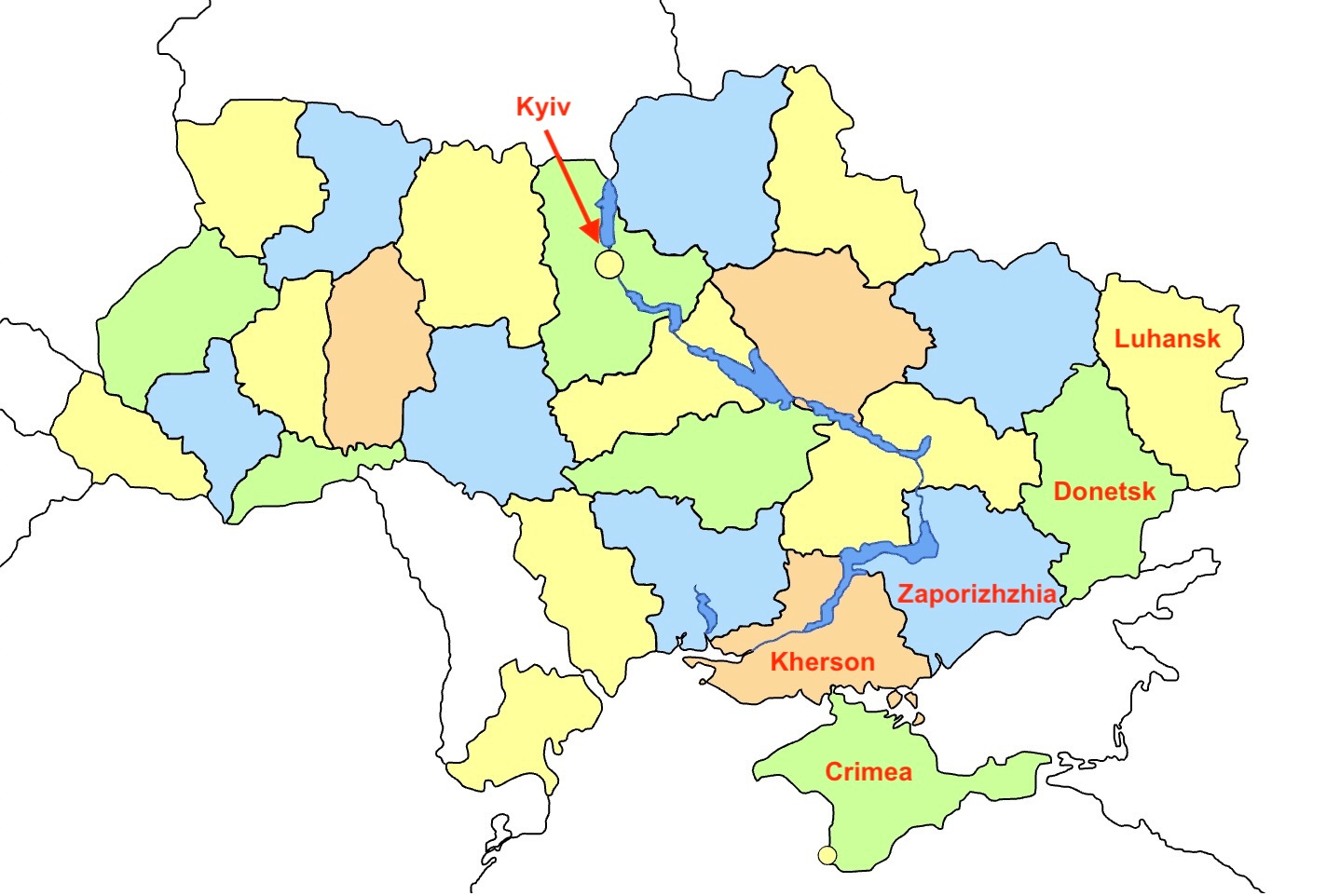
When Ms. Leavitt says “there is a power plant on the border between Russia and Ukraine,” she means the Zaphorizhzhia Nuclear Power Station, here:
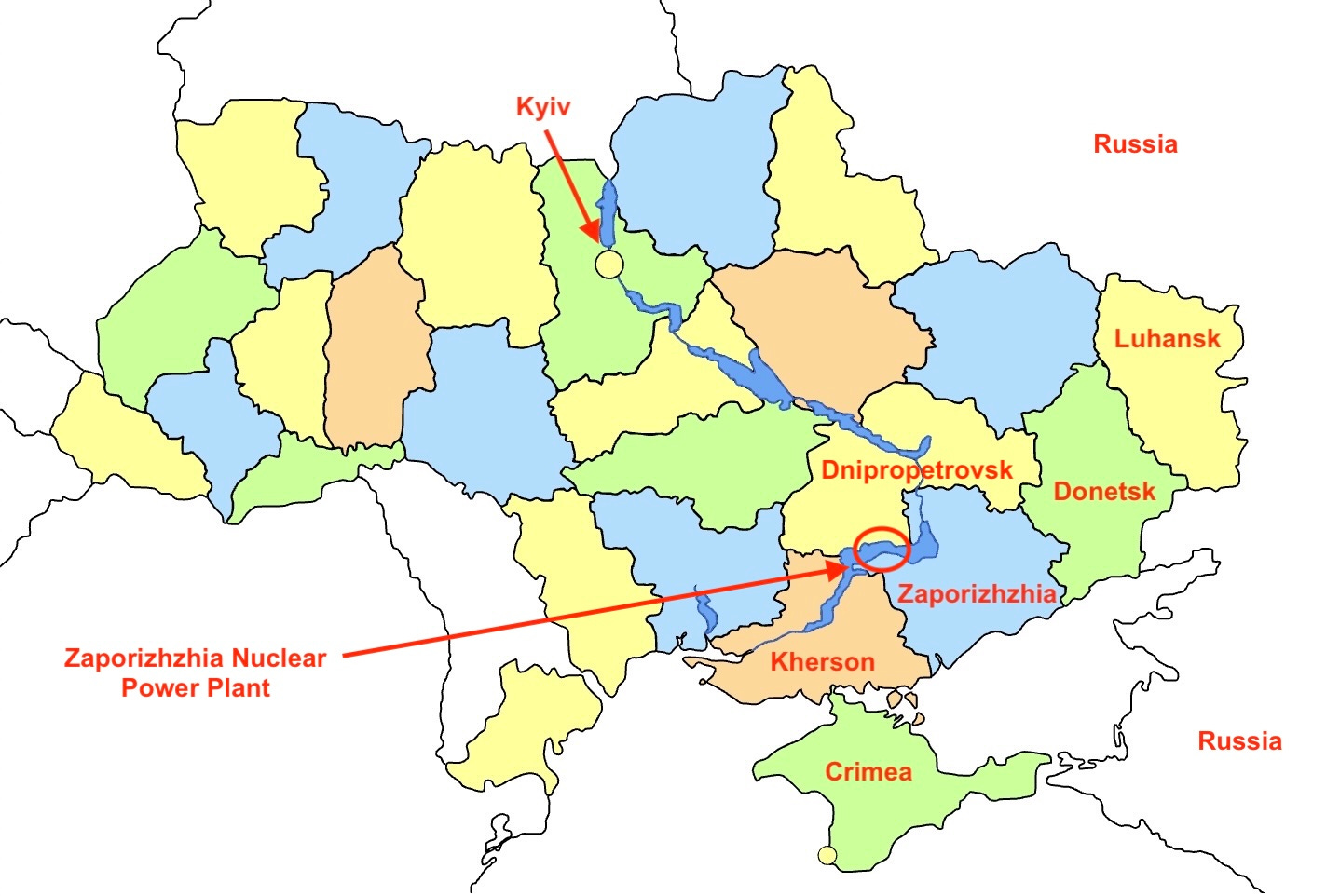
It’s on the east bank (Zaphorizhzhia Oblast side) of the Dnieper River. One more map, from the Times of London, shows that the Zaporhizhzhia plant is in Russian occupied Ukraine, across the river from Dnipropetrovskk Oblast:
It’s hard to imagine any other presidential press office in our lifetimes would allow this kind of ignorance. I will speculate that Ms. Leavitt, a former spokesperson for a Super PAC called MAGA Inc., has never traveled to Ukraine. If I’m wrong I apologize sincerely. If not, though, it gets to a real problem, that this administration hasn’t gotten out nearly enough into the world.
•••••
Good weekend. See you next week.
Content on Common Sense and Whiskey is free. There’s no paywall, but if you enjoy this site please think about subscribing for $5 a month or $50 a year.
Maybe it takes an economist to think this way—here’s how Adam Tooze puts it on his Substack:
If you are persuaded to click, please consider the annual subscription of $50. It is both better value for you and a much better deal for me, as it involves only one credit card charge. Why feed the payments companies if we don’t have to?
Thanks for reading. Please pass this article around and invite your friends to subscribe. Let me hear from you. See you next week.
Bill






